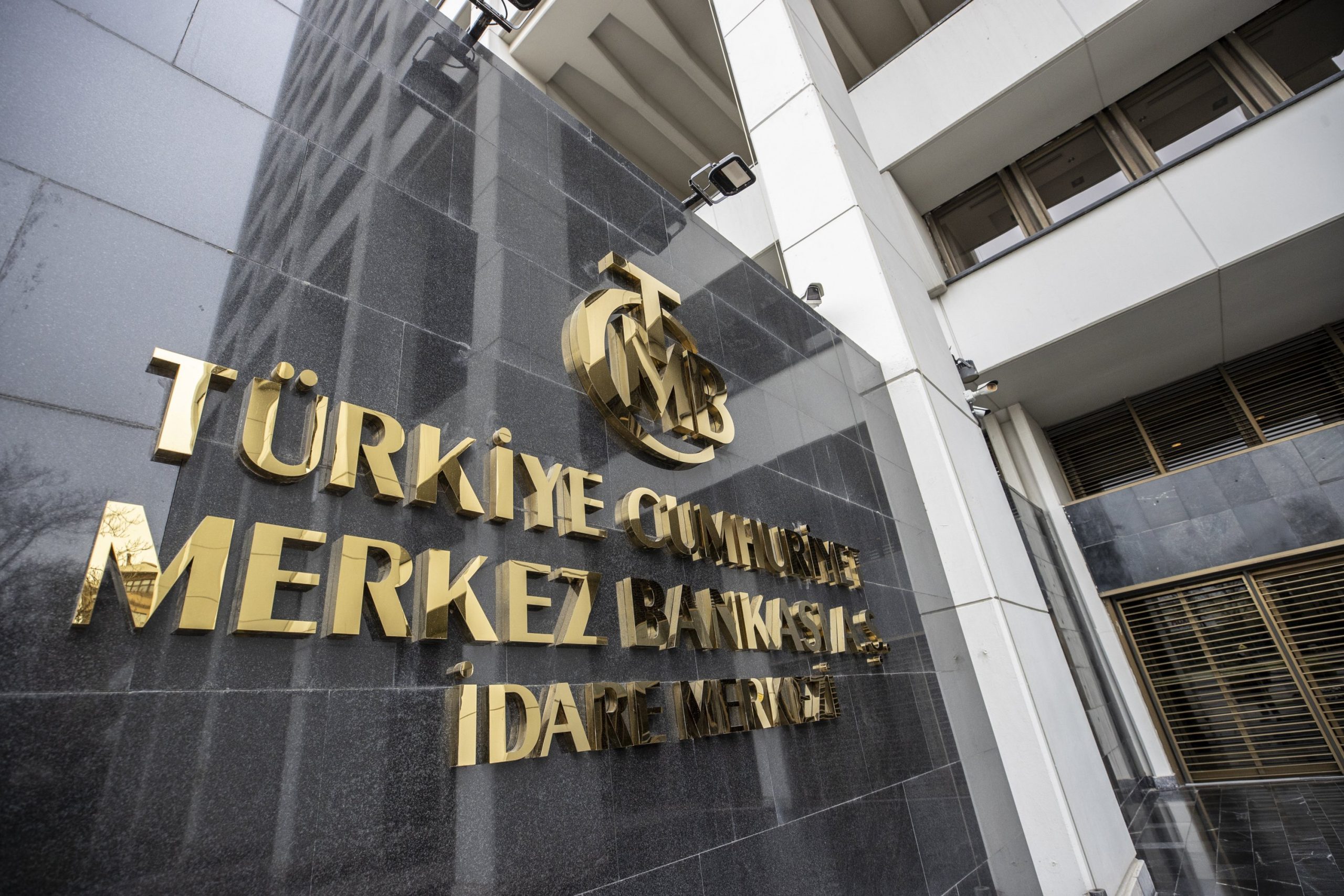Forex
Investors lament lost opportunity after unconvincing Turkish rate hike

Foreign investors hoping for a game-changing rate hike from Turkey’s newly appointed central bank chief said Thursday’s disappointing move to a key rate of just 15% could keep some money on the sidelines.
The appointment of U.S.-trained banker Hafize Gaye Erkan to lead the bank boosted expectations that it would rapidly raise rates to unravel years of unorthodox policies as quickly as possible.
But the 650 basis point hike – to 15% – was well below the median rate expectation in a Reuters poll of a rise to 21%, leaving some fretting that Erkan might have limited room to aggressively tackle inflation.
“They lost one perfect chance to demonstrate that they mean business,” said Viktor Szabo, emerging markets investment director with Abrdn. “Whether it’s because they have political constraints, or they’re afraid for the banking system, it’s not great. It’s not a great message.”
Newly re-elected President Tayyip Erdogan, a self-described enemy of high interest rates, for years directed a heavily managed economic system, with a tightly controlled lira, rate cuts in the face of galloping inflation and plentiful credit for local borrowers.
Amidst tumbling reserves and fleeing investors, his choice of Erkan at the central bank, and investor darling Mehmet Simsek as finance minister, prompted bets for a quick turnaround to unravel some of these policies.
But analysts said that after Thursday’s decision, Erkan and Simsek would need to work even harder to prove the country had indeed shifted course.
“They look less credible now,” Eric Fine, portfolio manager of emerging market debt at VanEck, said of the central bank, adding: “They need to hike rates to whatever level prevents the need for currency interventions using reserves. They haven’t.”
Turkey’s lira suffered a second consecutive day of declines on Friday, hitting a fresh record low of 25.74 to the dollar before retracing, while the country’s international bonds eked out small gains after tumbling on Thursday.
Already in the week to June 16, foreign investor holdings of Turkish government bonds had fallen by $16.2 million.
“For now, it’s not enough, probably, for long-term investors. Because of the magnitude of some of the problems in the economy,” said Marek Drimal, a lead strategist at Societe Generale.
CAUTION AND TEMPERED DISAPPOINTMENT
Still, many, including Drimal, saw positive signs, and noted that even Simsek had repeatedly said that gradual rate moves were move likely.
Simsek also promised predictable, market-based economic policies and an inflation-targeting model would enable capital inflows.
“I think investor disappointment should be tempered,” said Dan Wood, portfolio manager at William Blair, adding that the bank also signalled that it will keep hiking rates until inflation improved.
“It is clearly positive that a return to a more orthodox economic policy has been signalled.”
The associate director of ratings agency Scope Ratings and a sovereign analyst at ratings agency Fitch also said the hike itself was positive – but the core question would be whether Erdogan allows Erkan to stay the course with continued rises.
“I don’t think investors will throw in the towel just yet because I think there is still expectation there is more to come in the coming months,” said Kaan Nazli, portfolio manager at Neuberger Berman.
“The market is very cautious – so to regain confidence, that will take a long time. I would think that you would need to maintain tight policy for a considerable amount of time for significant, more long-term inflows to come in.”

 Forex3 years ago
Forex3 years agoForex Today: the dollar is gaining strength amid gloomy sentiment at the start of the Fed’s week

 Forex3 years ago
Forex3 years agoUnbiased review of Pocket Option broker

 Forex3 years ago
Forex3 years agoDollar to pound sterling exchange rate today: Pound plummeted to its lowest since 1985

 Forex3 years ago
Forex3 years agoHow is the Australian dollar doing today?

 Cryptocurrency3 years ago
Cryptocurrency3 years agoWhat happened in the crypto market – current events today

 World3 years ago
World3 years agoWhy are modern video games an art form?

 Commodities3 years ago
Commodities3 years agoCopper continues to fall in price on expectations of lower demand in China

 Economy3 years ago
Economy3 years agoCrude oil tankers double in price due to EU anti-Russian sanctions





















